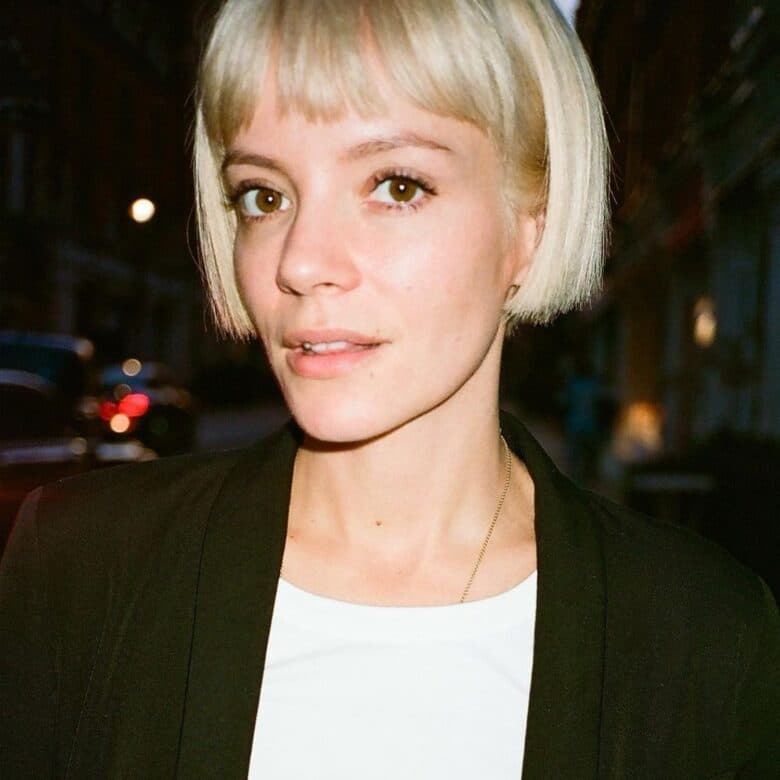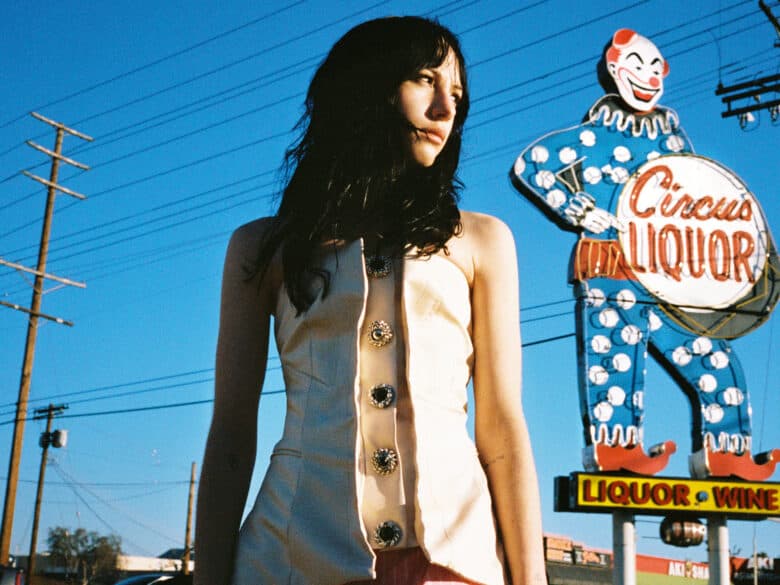Alma Har’el on toxic masculinity and art as therapy in ‘Honey Boy’
As a muse for art, trauma has been named many a time. Out of pain springs hope, out of loss comes realisation. Delving deep into Shia LeBeouf’s psyche, the Israeli director’s unique perspective of addiction and trauma (both her own and Shia’s) allows this film to blur the lines of fantasy and reality.
Propositioning itself as a vital story about just how damaging toxic masculinity really is, the film follows Otis (Shia’s pseudonym character) and his tumultuous relationship with his father as he recounts it from his court-ordered therapy and rehab facility. A telling look at the impact of masculinity on growth and mental health, Honey Boy is exactly the film Trump’s America (and Tory England) needs. We meet the film’s maker and Shia’s ex-sponsor, Alma Har’el to find out just how healing cinema can be…
Do you remember the moment you fell in love with cinema?
I think it’s funny because I had so many “that’s the moment” in my early life, it’s such an unfolding relationship. Almost only now I’m realising the commitment I’ve made to it… I think I’m very different to some directors, who picked up a Super 8 camera at the age of 12 and thought “I’m going to be a director”, it was really a deep relationship with something that saved my life and over time has become my life. My earliest memories of cinema though are of my father, who isn’t a filmmaker but is definitely a film critic [laughs]. He has a very versatile taste, from every foreign film to silent film to popular films, there isn’t a genre that he doesn’t fuck with. He’ll find anything he watches good, and if it’s not he’ll have something to say about it!
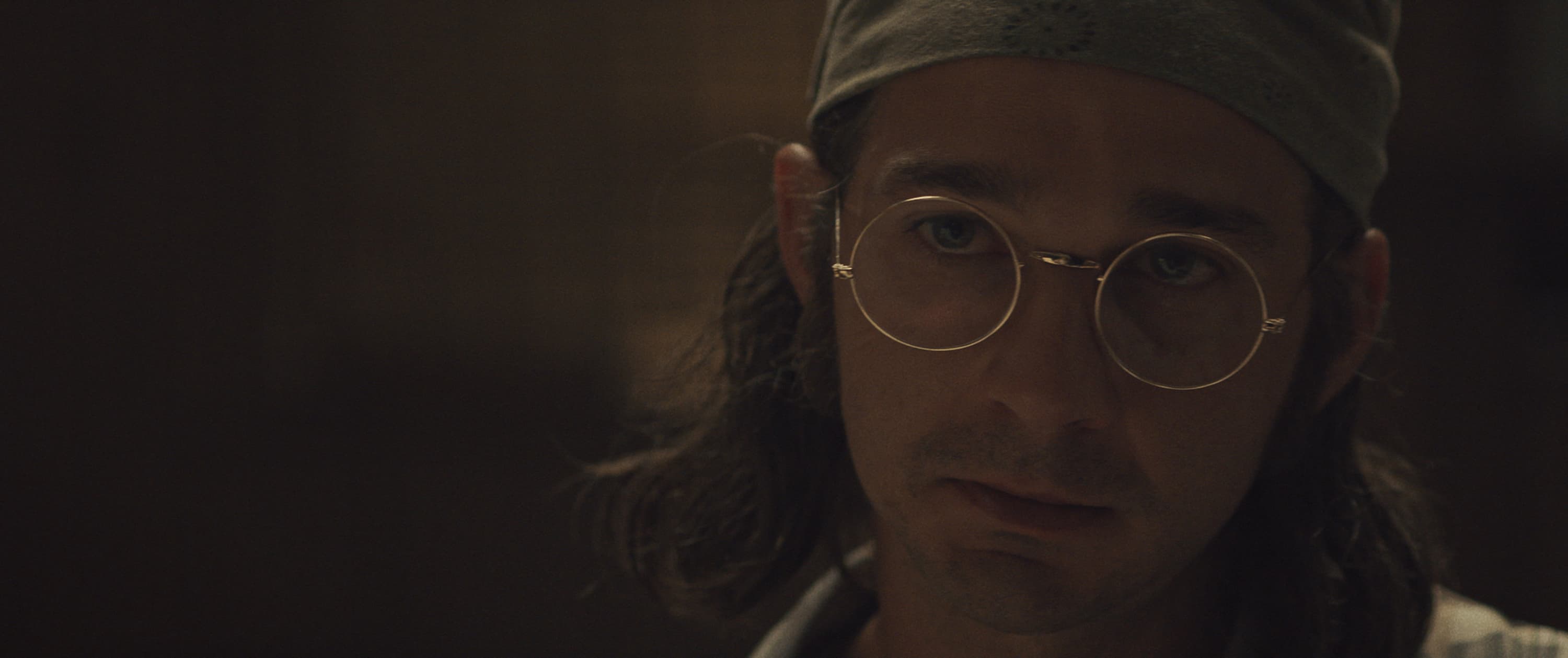
What was your upbringing like? Has it impacted your work?
When I was really little my father was an alcoholic, and still is to this day – right now he’s sitting drinking, watching films and sending me his critiques of them”. When I was little him and my mum would argue and separate, and then he wouldn’t be allowed in the house, so he would take me to see movies together. He would crash on somebody’s couch or whatever, and pick us up and take us to movies, then afterwards we would sit on this tree or children’s carousel and talk about the film. I think cinema was always tied into that emotionality, tied into that love of somebody who’s not doing too well, and I think that is something I bring to all of my films.
There’s definitely a very clear emotional connection to cinema in your work.
For sure! Later in my own adult life, when I started to fuck up my own life as a result of a lot of my childhood and whatever genetic tendencies I had to that same destiny – whether it’s addiction or self-harm – that I would have as a young woman, really the thing that saved me was making films, finding my own voice. It’s been a real journey, to the point where I can say I’m a director or I’m a filmmaker, it always feels a little odd because of that connection. But I guess it’s true now…
Honey Boy’s ethereal scenes and soundtracking seemed to reminisce to your music videos and earlier work, and other moment are so matter of fact they mirror your documentaries, how did you bring your non-narrative experience into this fiction?
Those moments of expression I think are part of the most exciting thing about being a director which is finding your voice. Even more so than being recognised for it, finding it is so empowering. I think that is so important to me because I want it to be my own, I don’t want to repeat other people’s work or be repeating things from past films. I have a picture of what I want and then I work out how to paint it myself. I didn’t go into scripting, I didn’t go to film school – I was too broke to study! I moved to NYC from Israel on my own at 18 and hadn’t finished school, I worked in bars and strip clubs, I couldn’t afford to go to NYU or whatever… I went to London actually to do a foundation course to finish off my education, I guess. It was a crazy class that I remember really clearly… One of my best friends there was a dealer of speed… [Laughs] I was surrounded by a lot of young filmmakers which was inspiring, and I have really good memories from it. But I really found my voice making documentaries, which as you said they’re not really journalistic or defined by the tropes of nonfiction. They’re definitely not just about trying to find the objective truth, but trying to find the subjective and the subconscious truth too… The dreams and the hopes of the people I’ve worked with, who became my collaborators really more than my subjects. I found my voice using all sorts of things that you mentioned, from dance to mime to music and I definitely had to bring that into Honey Boy, and I wouldn’t have it any other way. Shia [LaBeouf] was the perfect partner for that because we connected originally because he loved Bombay Beach my first film, and he wanted me to bring that part of myself into it.
How collaborative was that process with Shia?
I think that it’s interesting because at some points it felt like we were making different films. His script was very focused on his relationship with his father, and remembering the dialogues he had with him, bringing his life into the film, whilst I was really focused a lot of the time on visually exploring this language in the film, through those things we discussed.
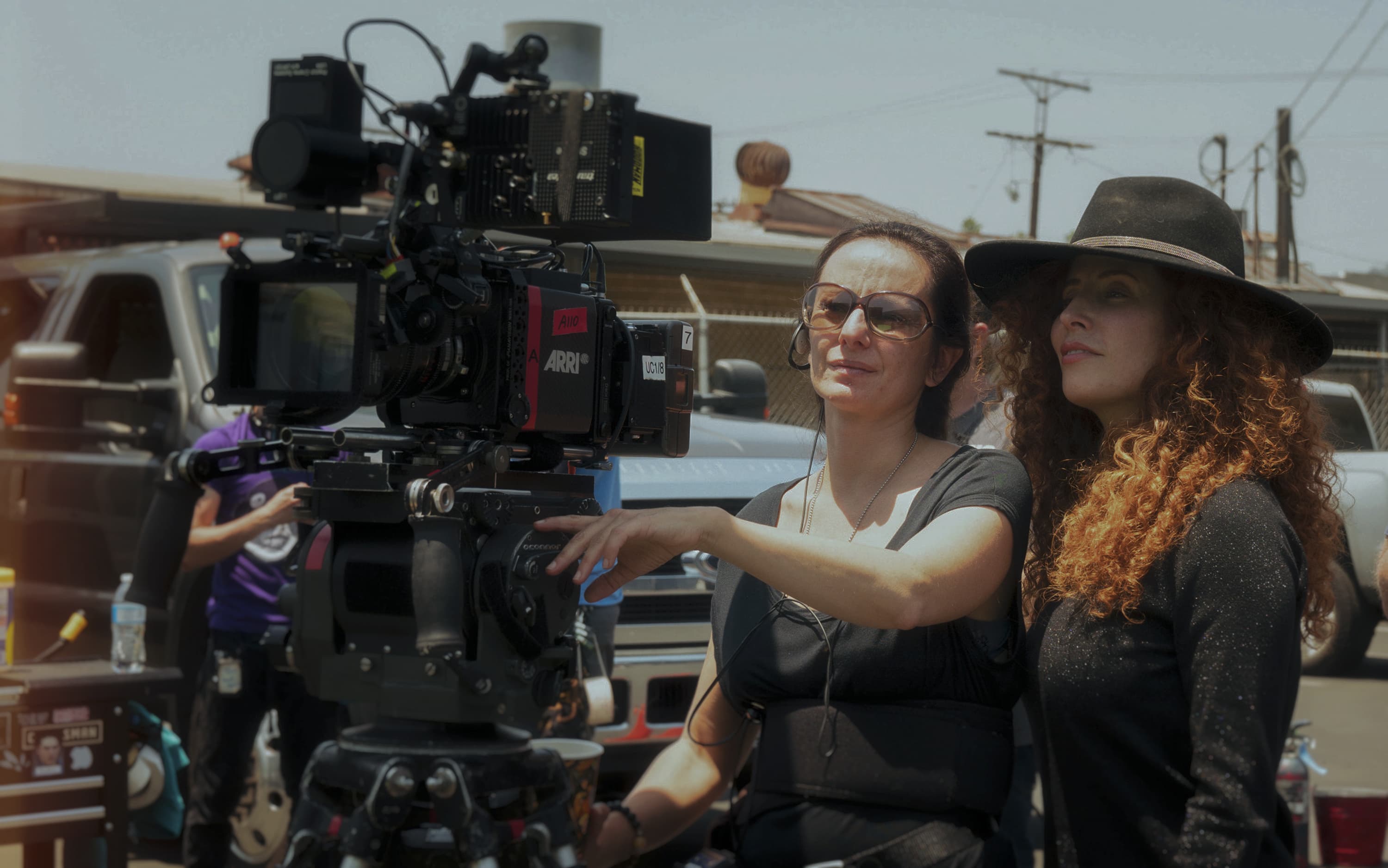
How did you strike the balance between fantasy and reality in the film? Why was it important for you to strike that balance?
Because that’s how I know life, it’s never one thing you know. Life is a culmination of so many feelings at any point in time: you’re always carrying your memories, and your hopes for the future, you’re carrying your sadness from the past, you’re carrying your joy… I think you don’t stay in one place very long, even in your darkest moments, it’s not forever. The most exciting thing for me I think is seeing or hearing people saying they were laughing and crying during the film, because that’s exactly what I wanted.
That was me in the cinema.
I love that! It’s my favourite thing in the world, it’s this nondualism thing where we don’t have to choose one thing. It’s like genre, we fall into so many clichés with filmmaking because things have to fit into a genre, or an expectation of an audience, or a film festival. It’s always been my only wish to break this medium and exist in the reality of the story or the reality of how I see and experience life as opposed to the expectations of a cinematic community or whatever… I think that’s the reason but also that’s just the most honest form of expression about how I feel about life, we all go to sleep at night and have dreams that only each of us can see. How crazy is that? Each one of us has our own private cinema at night, but then we kind of assume that when we go to the cinema we can leave all of that behind and focus on everybody else’s perspective. I think those experiences should be integrated into one.
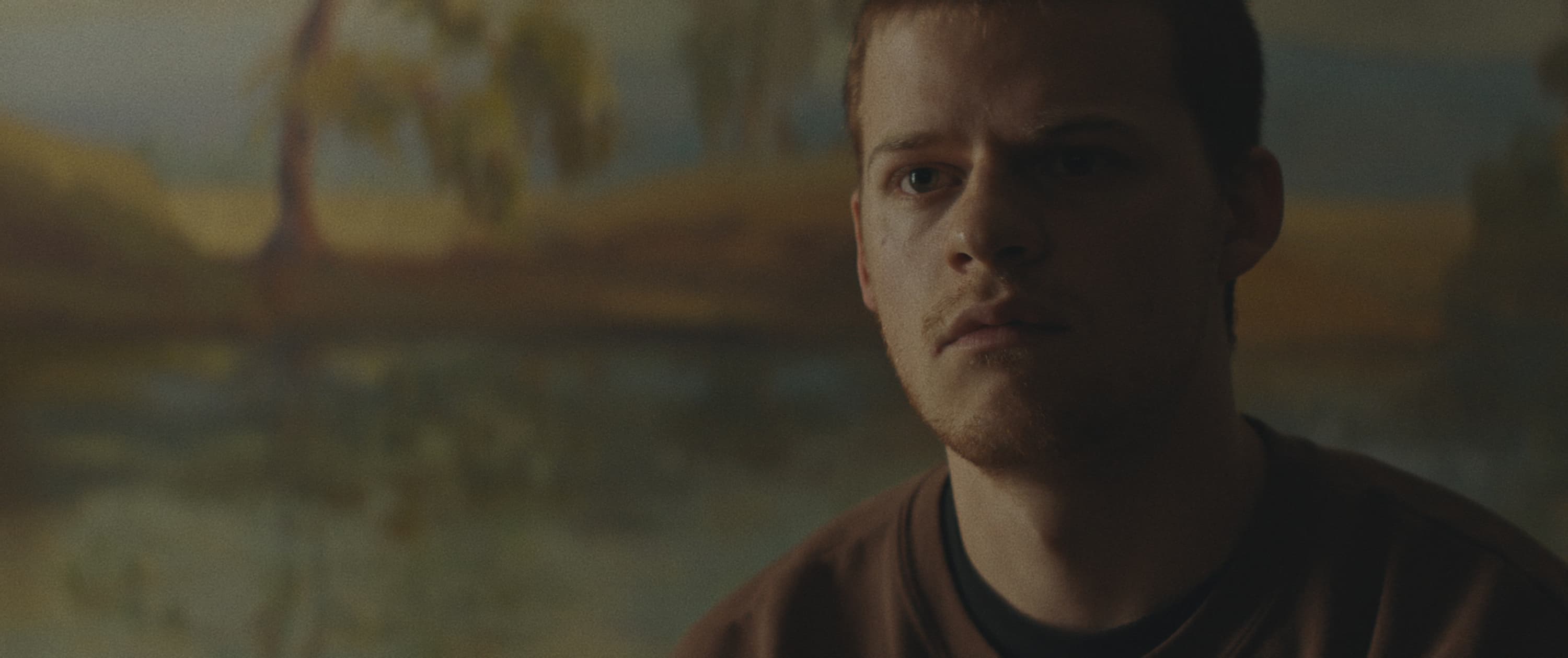
Masculinity, especially toxic masculinity, is a major theme you explore in the film. Otis’ father refuses to even hold his hand…
And judges the size of his penis, mocks him when he’s only 12 years old. It shapes his whole life you know, he has to limit his relationship with masculinity and what it means to be a man to this toxic perception. He is forced to censor parts of himself. Masculinity, especially toxic masculinity, is very important to explore if we want to liberate femininity. We shouldn’t be waiting for the men but we have to understand that young boys are not born toxic, they learn gender performance from people like their fathers who learned it…in many places… We have the army which Shia’s father has been through, but we also have decades of cinema which has only been created through the male gaze, and men have been indoctrinated through culture as well as these obligations to society to perform their gender in a certain way. Of course, these things that have started as honourable, have in time become toxic because of power structures. There are so many things to unpack when it comes to this reckoning we’re hopefully having in society right now. The younger generation is hopefully growing up with fewer rules about how they should behave, and as women hopefully we are going to work through this. In the film, it was obvious to me in the script that the heart of the film is the relationship between father and son, and the jealousy, the competition… The pain and disappointment that comes from Shia’s stories of his father, that’s the main topic of the script when Shia sent it to me. Actually, he had sent me his script inside the mental health facility/rehab, and then it was called ‘Stamen’ which is the male fertilising organ of the flower. I think that summarises what it is about that, that’s the heart of the film.
Honey Boy is out now. Follow Alma Har’el on Instagram here and Twitter here.
